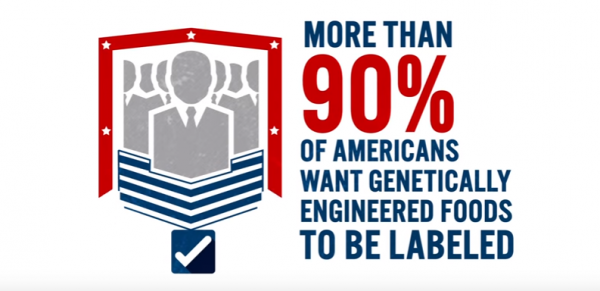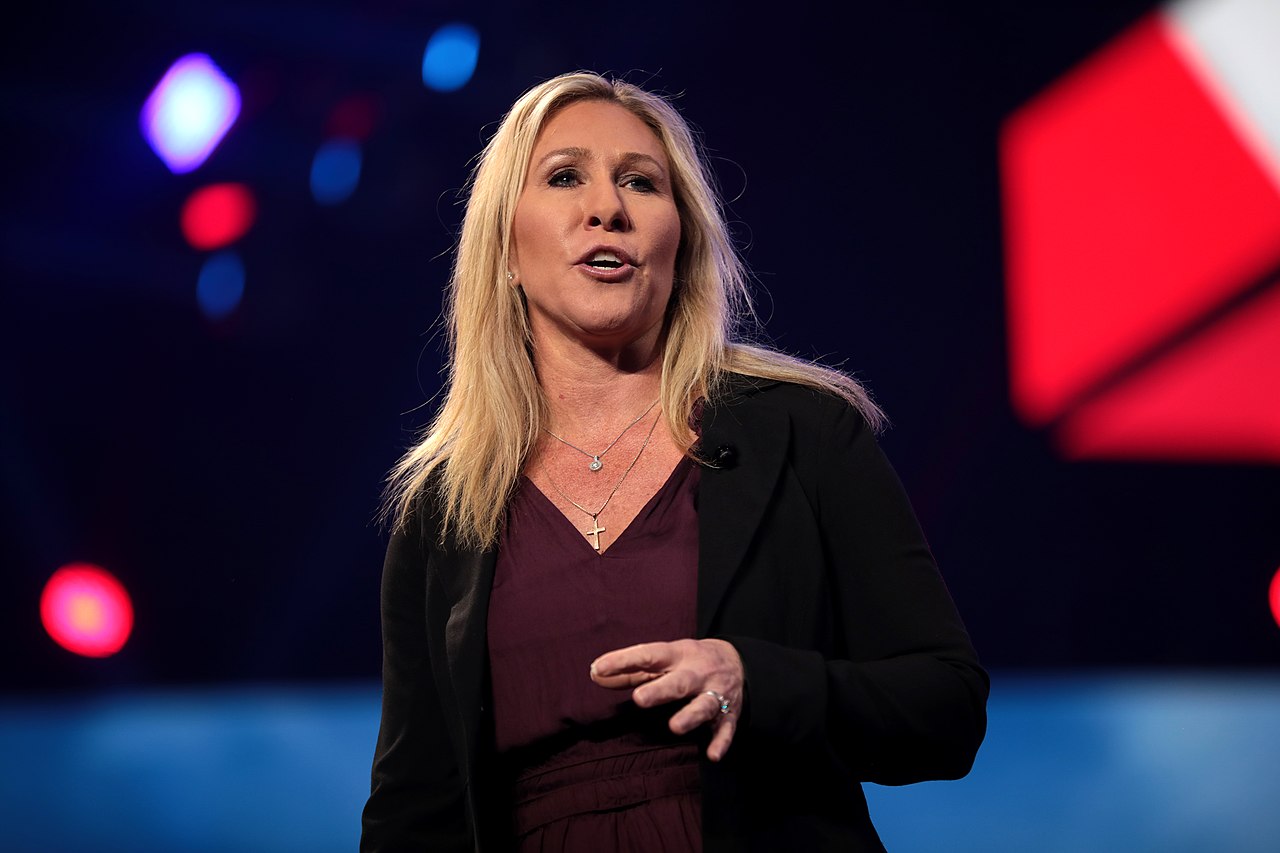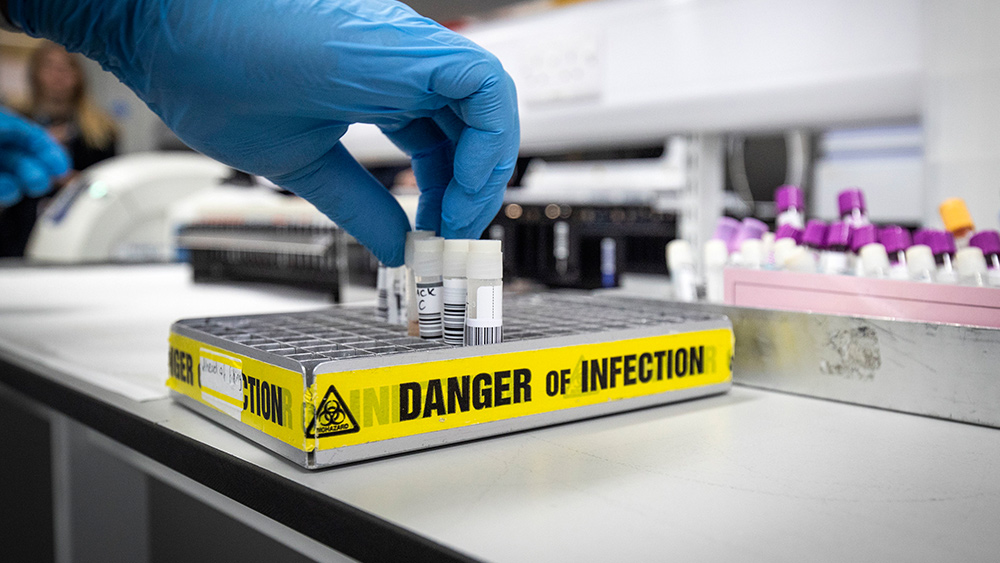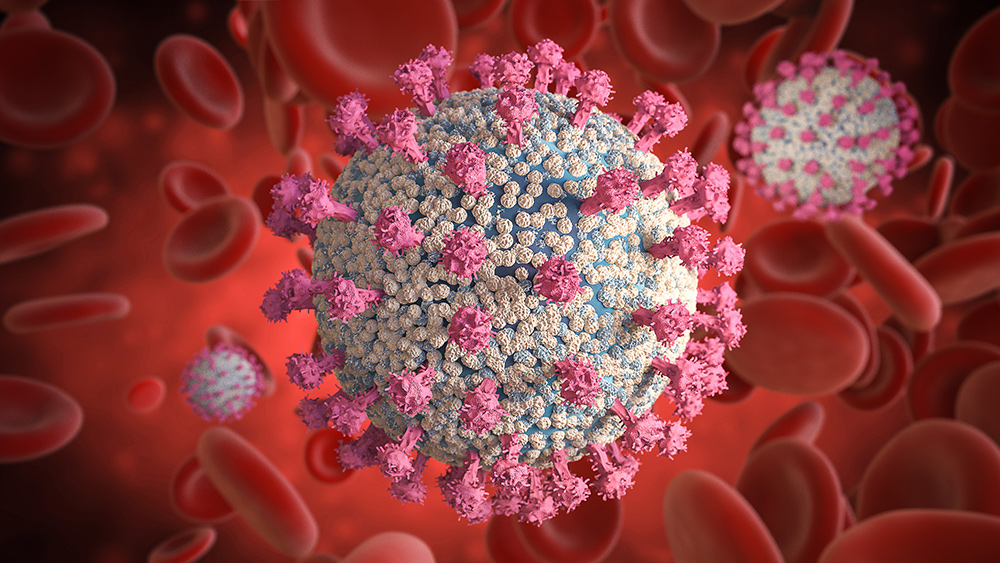Alert: Sneaky GMO labeling to hit shelves by summer, 2018
03/22/2017 / By D. Samuelson

The GMO labeling bill that Congress passed in 2016 – and which goes into effect in the summer of 2018 – was nicknamed the Denying Americans the Right to Know, or the “DARK Act” by Civil Eats and many other well-known food advocacy groups, along with 90 percent of Americans. After years of fighting, protesting and voting for clear, concise GMO labels, the bill that President Obama signed on 29 July 2016, is a sneaky, toothless and nearly worthless bill that only brings confusion.
The Center for Food Safety states that this GMO labeling bill “discriminates against more than 100 million Americans.” Instead of simply indicating on the package that the food product is made with genetically engineered ingredients, there will be “QR codes, 1-800 numbers and other difficult to access technology.” Additionally, the “bill’s narrow and ambiguous definition of ‘bioengineering'” may mean that “many foods from GE sources will not be subject to this bill.”
To understand just how backhanded Congress is on this issue, let’s revisit history. In 2012, California’s Prop 37 brought GMO labeling to the fore. Prop 37 writers wanted California authorities to have to label GE foods with a simple phrase like, “partially produced by genetic engineering.” There were some exceptions; alcohol, restaurant foods, animal feed and other items were excluded.
Before the California vote, Democracy Now! featured a debate on GMO labeling pros and cons. In light of the passage of the DARK Act, this 2012 discussion is worth remembering.
Corporations with a vested interest in the technology spent over $45 million creating advertising campaigns filled with propaganda to defeat the California legislation. The usual suspects – Monsanto, Pepsi Co., General Mills, Kellogg’s, Bayer, DuPont and others – all contributed.
In 2013, Washington State’s labeling initiative was also defeated courtesy of another $22 million generated from corporate coffers, as reported by USA Today.
Meanwhile, Congress continued to do nothing. The official stance of the U.S. government proclaimed then, and now, that GE foods are safe to consume.
Everything changed in 2014, says FoodProcessing.com, “with Governor Peter Shumlin’s signature on May 8, [as] Vermont became the first state in the country to require foods made with genetically modified ingredients … to carry a label.” This bill was to go into effect in July of 2016.
The reverberations were immediate. Consumerist.com reports that many of the companies that had opposed labeling, including General Mills, Pepsi Co. and Nestle-owned Stouffers began to comply before the Vermont law went into effect. And that’s also when Congress decided to act to protect their corporate buddies, eventually writing the DARK Act that posed as a GMO labeling bill. They also nullified Vermont’s law, and have created a label nightmare for consumers. (RELATED: Follow more news about the food supply at FoodSupply.news)
According to The Columbus Dispatch, the U.S. Department of Agriculture (USDA) will make the final decisions for what will be on the labels of foods made with GE technology. Seems they will be rolling out the same kind of subterfuge their buddies from the Federal Drug Administration (FDA) did back in 1992, when they first ruled on the “safety” of GE foods. No tests on the effects of GMOs on humans or an environmental impact study were done, nor did they think any was necessary. And what about the safety of GMOs? As reported by GMO-Awareness.com, this statement was included in the FDA’s food policy in 1992:
“Ultimately, it is the food producer who is responsible for assuring safety.”
The new, sneaky national GMO label regulations will show up in the summer of 2018. Here are a few tips from the Institute for Responsible Technology on how to avoid GMOs in your food in the meantime.
(RELATED: Discover more info on GE technology at GMO.news.)
Sources:
Submit a correction >>
Tagged Under:
California Prop 37, Congress, GMO labeling, GMO labeling debate, USDA, Vermont GMOs
This article may contain statements that reflect the opinion of the author
RECENT NEWS & ARTICLES
COPYRIGHT © 2017 GENETIC LUNACY





















